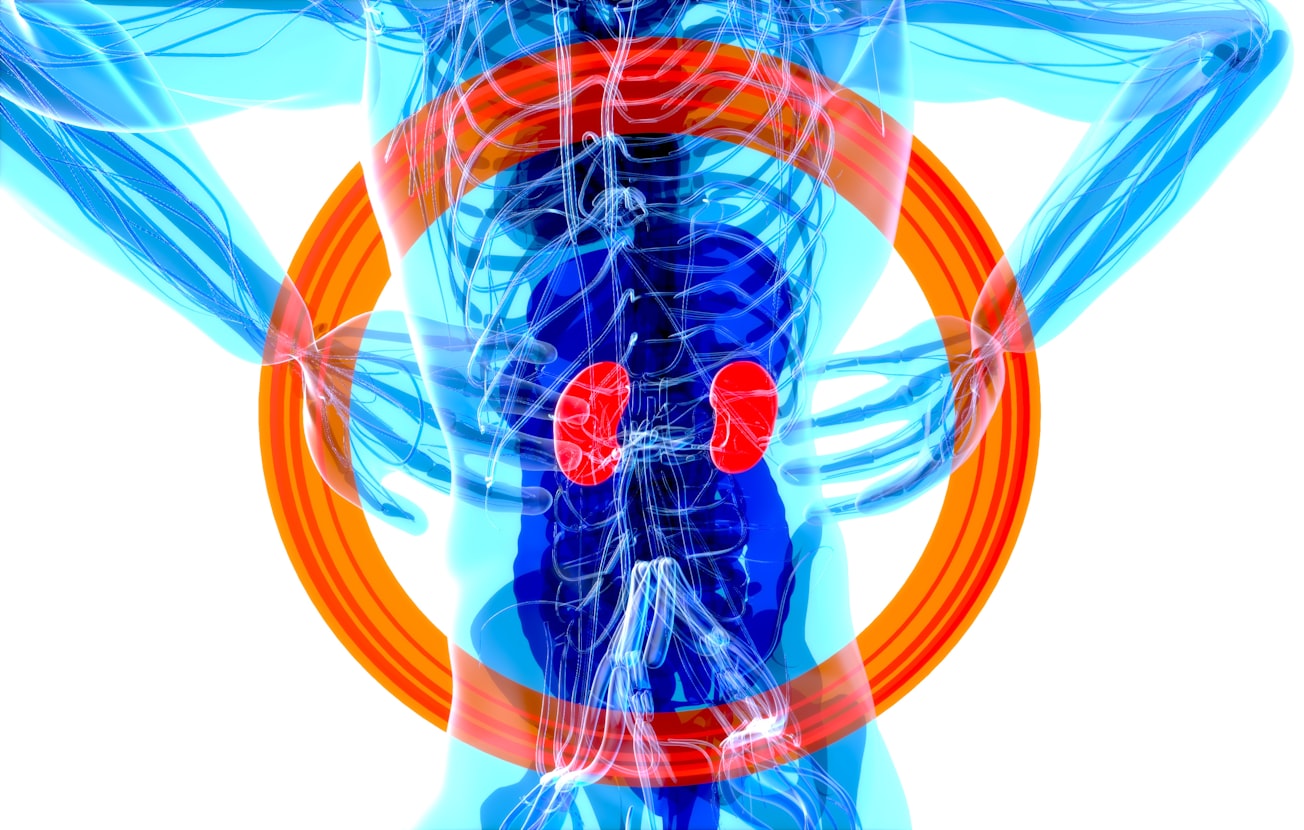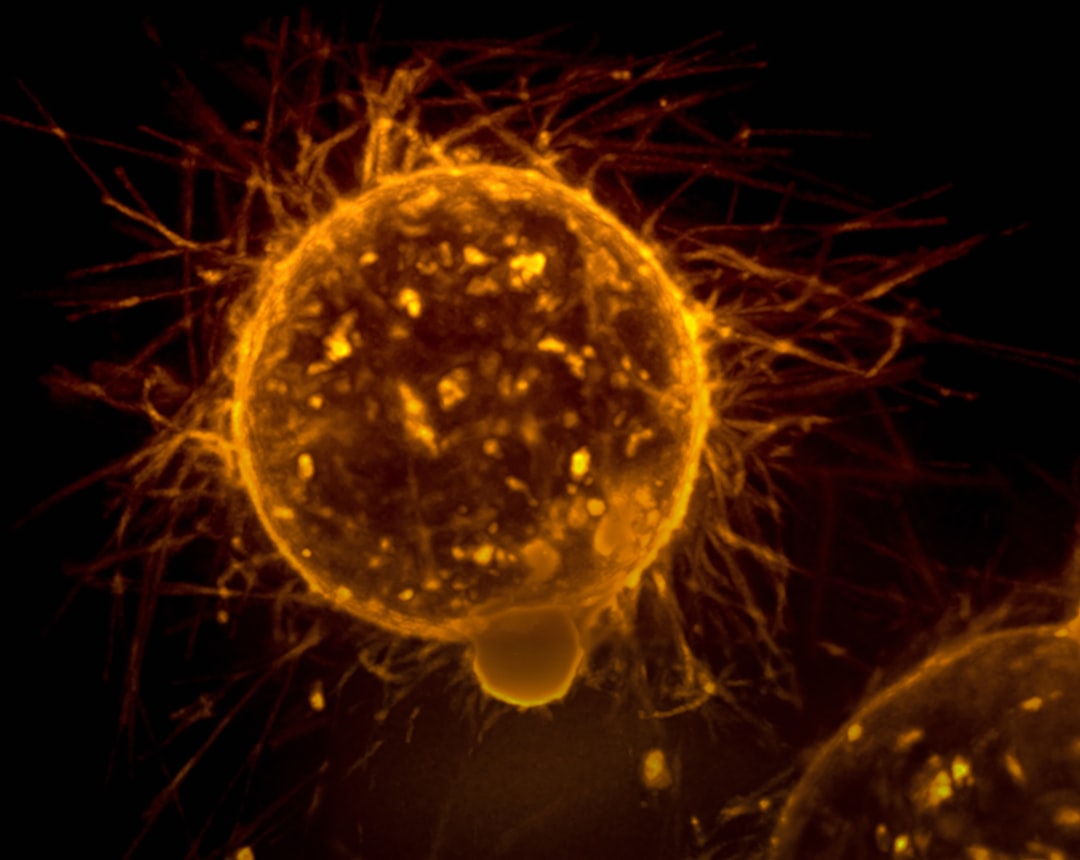What is it about?
Autosomal dominant polycystic kidney disease (ADPKD), commonly caused by a mutation in the PKD1 gene, is a disease for which there remains an urgent need for treatment. PKD1 encodes the membrane protein polycystin-1 (PC1) which we found to interact with atypical protein kinase C ζ(PKCζ). We used in-vitro and in-vivo models of ADPKD to investigate the role of PKCζ in the disease and its potential as a pharmacological target for treatment.
Featured Image

Photo by julien Tromeur on Unsplash
Why is it important?
ADPKD is a genetic disease affecting more than 12 million people worldwide. Currently there is no cure for ADPKD, and pharmacological treatment options are very expensive, poorly available worldwide and have significant side effects and toxicities. Our study shows that PKCζ down-regulation is associated with PKD and its activation via an FDA-approved drug can significantly improve disease progression in mouse models. These results present a potential new therapeutic approach to ADPKD.
Perspectives
This work shows for the first time that Fingolimod, a drug approved for treatment of multiple sclerosis, reduces disease progression in both orthologous and non-orthologous mouse models of PKD and establishes PKCζ as a promising target for treatment, especially because Fingolimod is already available as a clinically approved drug.
Masaw Akbari
University of California Santa Barbara
Read the Original
This page is a summary of: Restoration of atypical protein kinase C ζ function in autosomal dominant polycystic kidney disease ameliorates disease progression, Proceedings of the National Academy of Sciences, July 2022, Proceedings of the National Academy of Sciences,
DOI: 10.1073/pnas.2121267119.
You can read the full text:
Contributors
The following have contributed to this page










